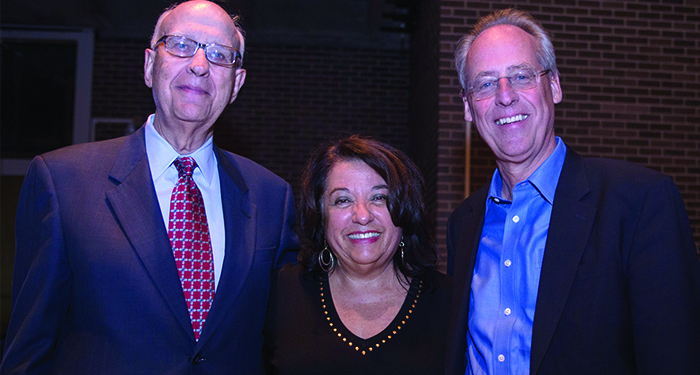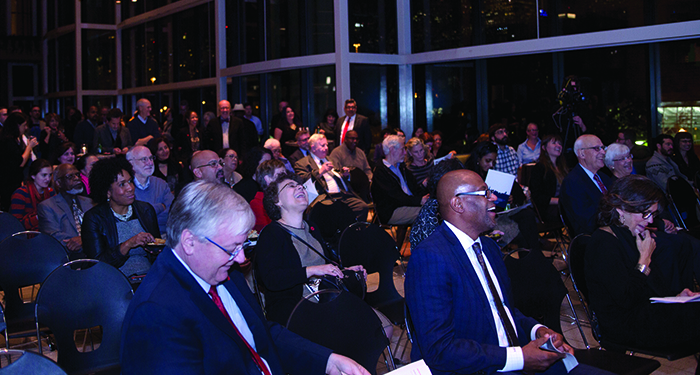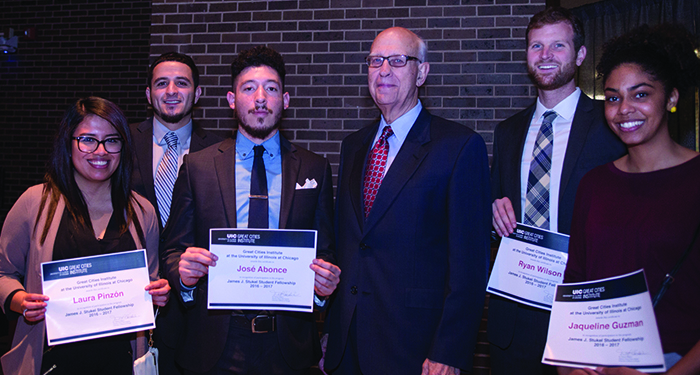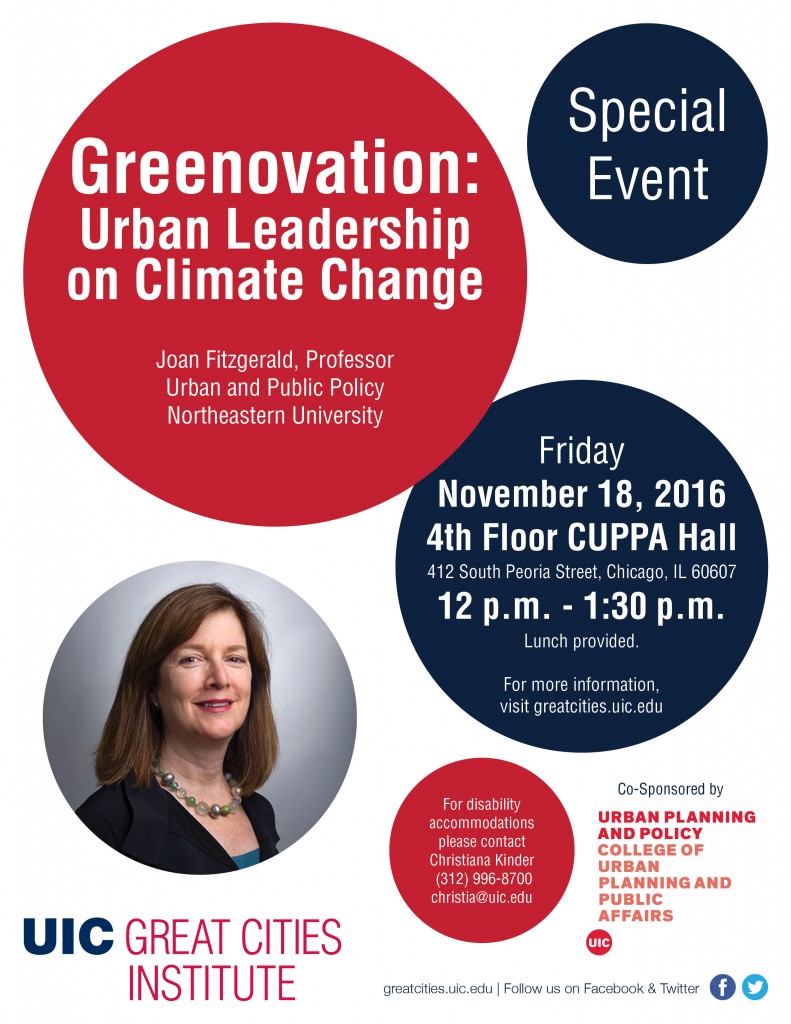
Antonio Perez / Chicago Tribune
Matt Wilson, an economic development planner at UIC Great Cities Institute, is quoted in a Chicago Tribune article on the pros and cons of various city rankings related to technology, business, startups, etc. and whether Chicago’s particular focus on its status in such lists is necessary.
“The mayor has an interest in displaying Chicago as the most wonderful place to start a business,” said Matthew Wilson, economic development planner at the Great Cities Institute at the University of Illinois at Chicago. “Whether it’s true or not, one thing is for sure: He’s trying to compete and display Chicago in a light that’s optimistic.”






































































































